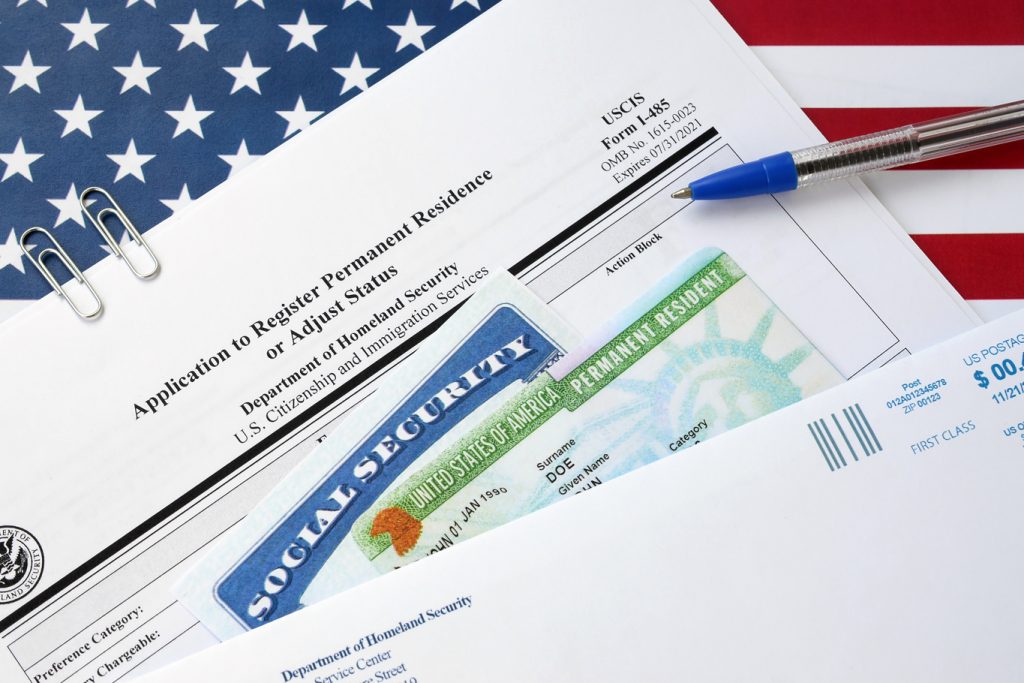 The proposed legislation, if accepted, aims to offer a vital route to permanent residency for a minimum of 8 million individuals. U.S. Senator Alex Padilla, along with Senator Bernie Sanders and other co-sponsors, has introduced a bill to expand the opportunity for long-term non-citizens in the United States to obtain permanent residency.
The proposed legislation, if accepted, aims to offer a vital route to permanent residency for a minimum of 8 million individuals. U.S. Senator Alex Padilla, along with Senator Bernie Sanders and other co-sponsors, has introduced a bill to expand the opportunity for long-term non-citizens in the United States to obtain permanent residency.
According to an announcement, the Renewing Immigration Provisions of the Immigration Act of 1929 seeks to modernize the existing Registry statute. This would allow immigrants who have continuously lived in the U.S. for at least seven years and possess good moral character to apply for a green card.
The U.S. imposes a per-country limit of 7 percent for granting green cards. A 2020 study conducted by David J. Bier for the Cato Institute revealed that approximately 75 percent of the employment-based backlog, projected to surpass 2.4 million by 2030, comprises skilled Indian workers. The study also noted that over 200,000 Indians could pass away due to old age while awaiting their green cards.
The introduced legislation by the senators would create a much-needed avenue for obtaining a green card for over 8 million people. This includes individuals like highly skilled workers currently in the U.S. on H-1B visas, who have been waiting for years to secure a green card, as stated in a press release from Padilla’s office.
According to estimates, if the undocumented individuals covered by this bill were to become citizens, they could contribute around $121 billion annually to the U.S. economy and pay approximately $35 billion in taxes.









